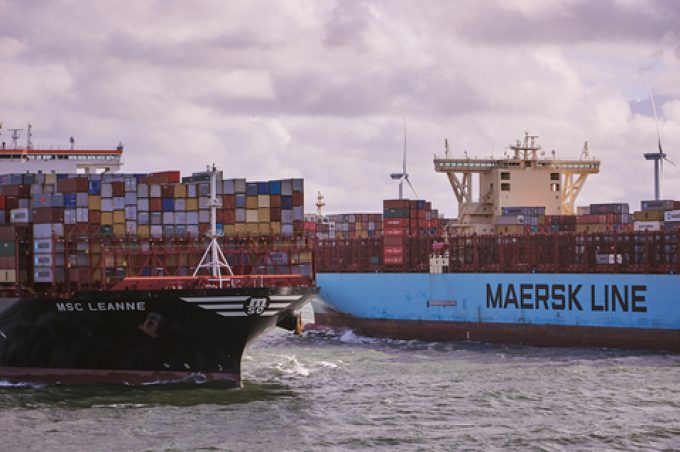List of blanked transpac sailings grows as trade war heats up and demand cools
** EDITED AT 17:19 BST ON 09/04/25 TO INCLUDE COMMENT FROM ATLAS AIR, AND AT ...

Ocean carriers are suspending more headhaul services from Asia as global demand plummets.
Maersk said today it would be taking capacity out of its Asia-North Europe service, following the suspension of two of its transpacific loops at the end of last month.
“As a consequence of the forecasted reductions in global demand, Maersk is looking to balance the network accordingly,” said a customer advisory.
Maersk said the first vessel affected would be the 16,652 teu MSC Hamburg that would have sailed from Ningbo on ...
Trump tariffs see hundreds of cancelled container bookings a day from Asia
'Disastrous' DSV-Schenker merger would 'disrupt European haulage market'
'To ship or not to ship', the question for US importers amid tariff uncertainty
'Chaos after chaos' coming from de minimis changes and more tariffs
List of blanked transpac sailings grows as trade war heats up and demand cools
EC approves DSV takeover of DB Schenker
Shippers in Asia restart ocean shipment bookings – but not from China
Forto 'sharpens commercial priorities' as it lays off one-third of staff
India withdraws access for Bangladesh transhipments, in 'very harmful' decision
'Tariff hell' leaves industries in limbo – 'not a great environment to plan'
IndiGo fleet expansion plan will include a major push to boost cargo volumes
Pre-tariff rush of goods from US to China sees air rates soar, but not for long

Comment on this article